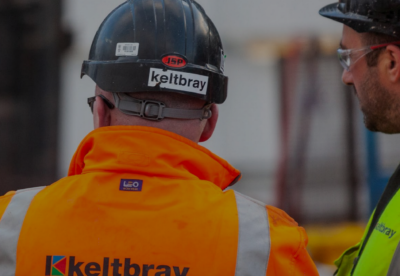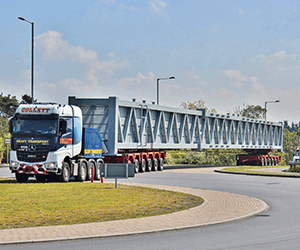The new levy has been set at 0.5% of an employers wage bill and will apply to firms with a pay bill of more than £3m a year.
This is expected to net more than 700 mainstream contractors and house builders in the industry, and will slash Construction Industry Training Board income .
Major firms can actually expect to pay less than they presently hand to the CITB, because of the way the new apprenticeship levy is set up.
The CITB also sets it charge at 0.5% but levy kicks in at a much lower payroll threshold of £80,000. It also bolts on extra charges based on the number of labour-only subcontractors a big firm uses.
The apprenticeship levy promises a major shake-up in training as the Government pins its hopes on all UK industries raising more than £3bn a year to fund three million apprenticeships.
But its introduction to construction raises fears about the viability of the CITB in 2017.
Many major contractors have already publicly said they simply will not pay two parallel levies for training. This would severely cut the CITB’s £160m annual fee income to a point where it will need to review how it operates.
James Wates, Chairman of the CITB, said: “While the announcement regarding the Apprenticeship Levy creates a challenging environment for CITB across Great Britain, we will continue to support industry and work with government to ensure the best possible outcome.
“Our next step is to engage in extensive consultation with employers and work out the most effective way to continue providing the construction industry with the skills and training it needs.”
Suzannah Nichol, chief executive of contractors trade body UK Build, said: “We are meeting skills minister Nick Boles in a few weeks to talk through how this will work.
“They key thing is the new levy must work for industry because we desperately need skills to deliver capacity in a growing industry.”
With around 60% of apprenticeships being delivered by small and micro firms the CITB is hoping, major players paying apprenticeship levy will agree to top up its income to main the present training system.
Steve Radley, head of policy at the CITB, said: “The Government is very clear that it is for the industry to decide what role the CITB has going forward.
“Clearly there is a lot of work needed to be done to determine how to fulfil the industry’s wider skills needs.
Apprenticeship Levy briefing
Employers will receive an allowance of £15,000. The effect of this allowance is that the levy will only be payable on pay bill in excess of £3,000,000 – employers with a pay bill less than £3,000,000 will not pay anything.
The levy will be paid through Pay As You Earn and be deducted on a monthly basis.
Contractors in England who pay the levy and are committed to apprenticeship training will be able to get out more than they pay into the levy, through a top-up to their digital accounts.
Contractors will be able to reclaim the money via a new digital voucher system.
While SMEs will be exempt from the apprenticeship levy, there are currently no details as to whether vouchers could be passed on in the supply-chain or from larger employers directly to SMEs.
The government will establish a new employer-led body to set apprenticeship standards and ensure quality. The body will be independent of government and will also advise on the level of levy funding each apprenticeship should receive.


















 MPU 300_250px.gif)



































.gif)
